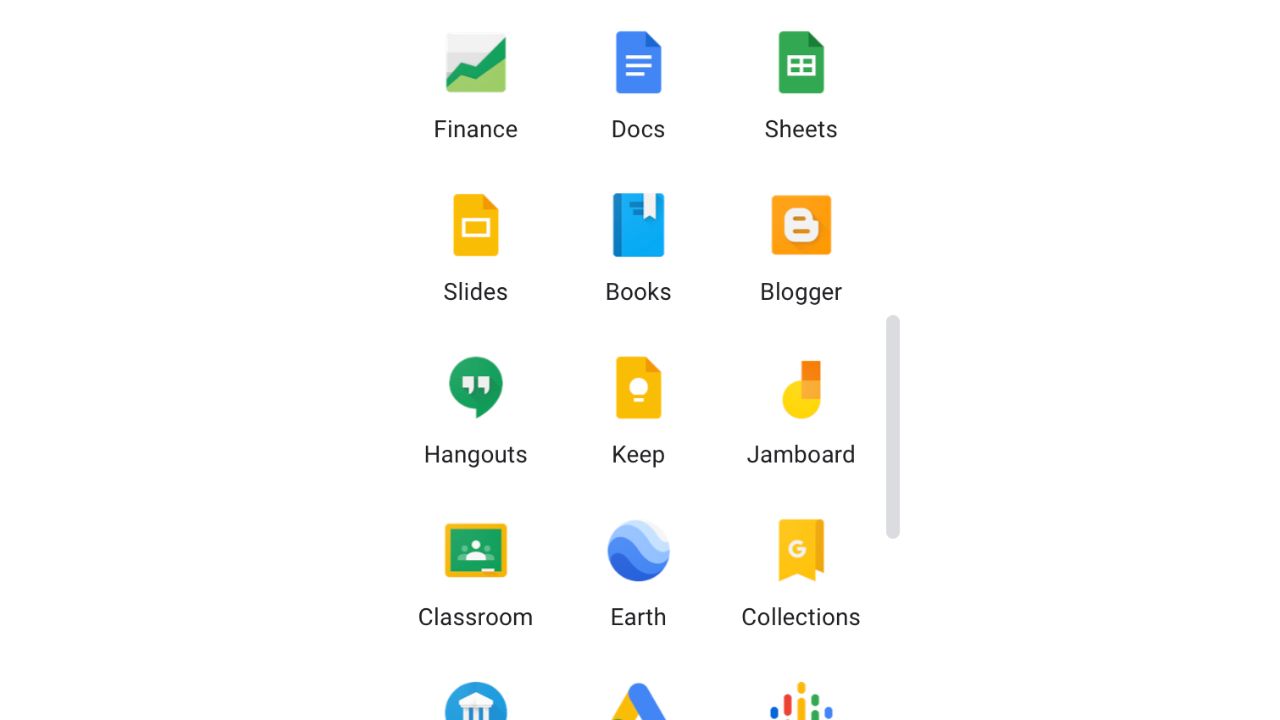
2.6K Organizing files can be a pain, especially when you have so many papers and folders sprawled out on your desk. However, you can make your life a lot easier by keeping your documents digitally organized and restored. It’s easier to search through files when they’re saved digitally because digital files can be organized, indexed, and searched using various tools and software. Furthermore, digital files are typically stored on computers, in the cloud, or on hard drives, which reduces the risk of misplacing or losing track of them. Unlike physical documents, which can be easily misplaced, damaged, or destroyed, digital files can be backed up and replicated to prevent loss. This provides a level of security and peace of mind in knowing that your documents are safely stored and easily accessible.
I make sure to keep all my files on an external hard drive, which I secure safely in my home. This way, in case anything goes wrong with any of the other online sites I use for storing, I’ll always have my hard drive there to give me the files and documents I need. You should also make sure to back up your files to another location, such as the cloud or another device, in case your hard drive fails or gets lost. You should also test your backups periodically to make sure they are working properly and can be restored if needed. Click here to learn which devices to back up your data to:
Just remember, those important documents like your birth certificate or Social Security Card should never be kept online. Keep those locked away in a safe.
A Cloud service is especially useful when you’re away from home and need access to certain documents. I don’t trust every Cloud service, however. For example, Google Docs is not my favorite Cloud source for storing my documents. The big tech behemoth is notorious for harvesting your data every chance they get. However, I know a lot of people are big fans of Google Docs, so I’m still going to show you how to use it. It’s perfectly ok if you want to use it; it’s just not my personal preference. Google Docs is free to use, and if you log in with a free Google account, you can keep track of all of your documents and organize them in any way you like.

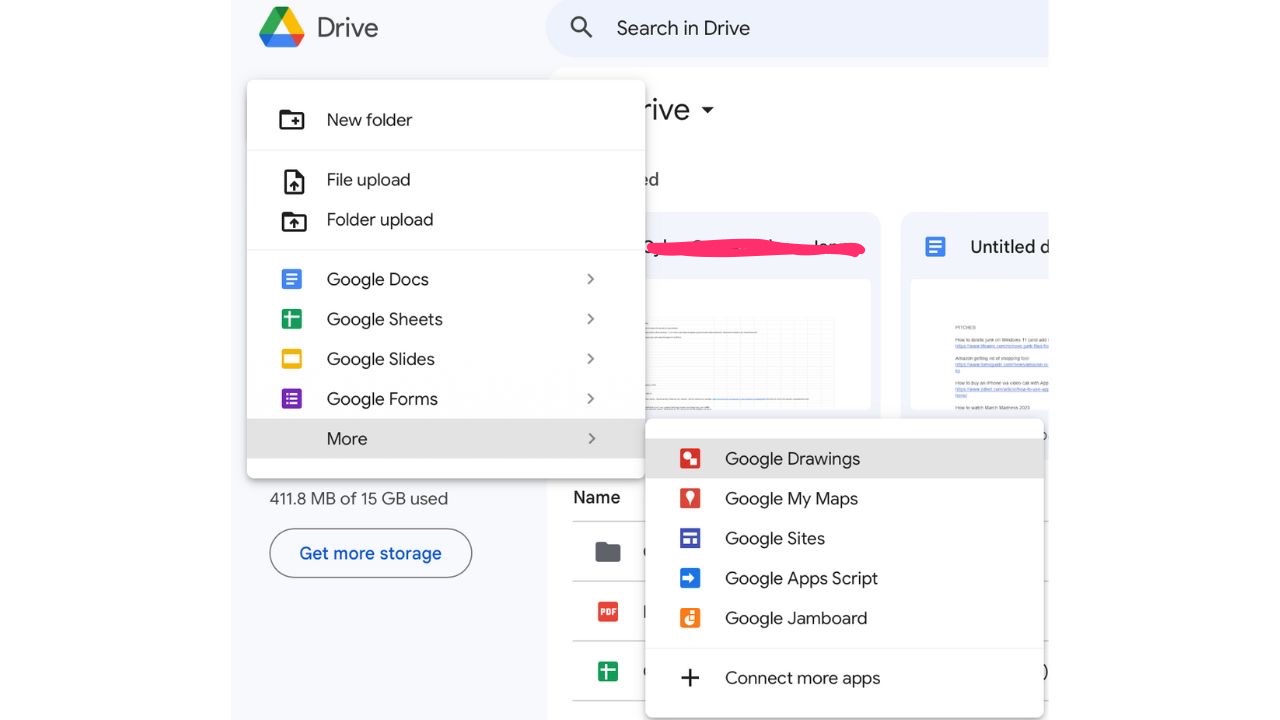
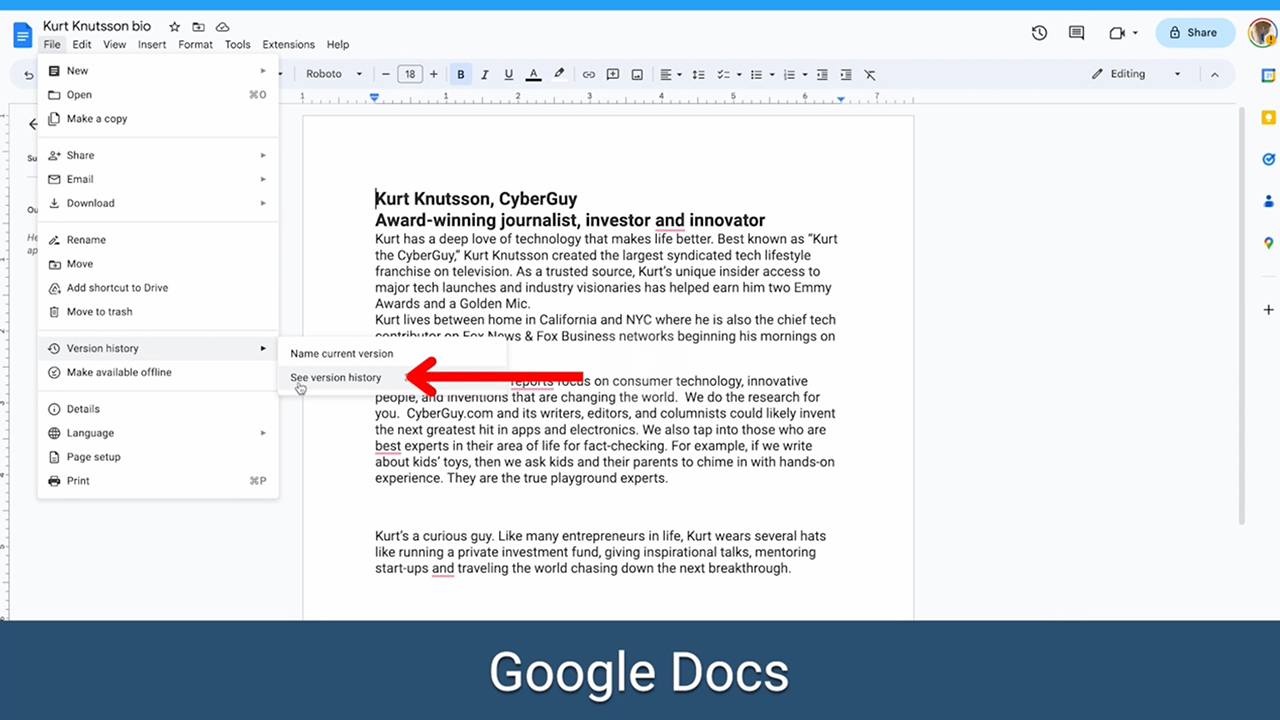
You should also make sure to download and save copies of your documents to your device or another cloud service in case Google Docs becomes unavailable or deletes your files.
Dropbox is a great place to store all your documents online. It is free to use if you’re just wanting to back up a few documents. However, a paid subscription will let you upload tons of files and allow you to restore previously backed-up versions in case you ever lose a document. Dropbox has multiple plans at varying prices, with the cheapest one being the Plus plan for individuals, which costs $9.99 per month.
The cool thing about Dropbox is you can store multiple files from different sources. You can create a Google Spreadsheet or a Microsoft Word document and even make screen recordings. Dropbox also allows you to create Shared Folders so that other people can get access to your documents once you share them with them.
You can also easily retrieve files that were accidentally deleted from your Dropbox. Here’s how to access those files.
The paid subscription will even allow you to restore tons of previous versions of a document in case you ever want those versions back. Here’s how to get those versions back if you pay for a subscription.
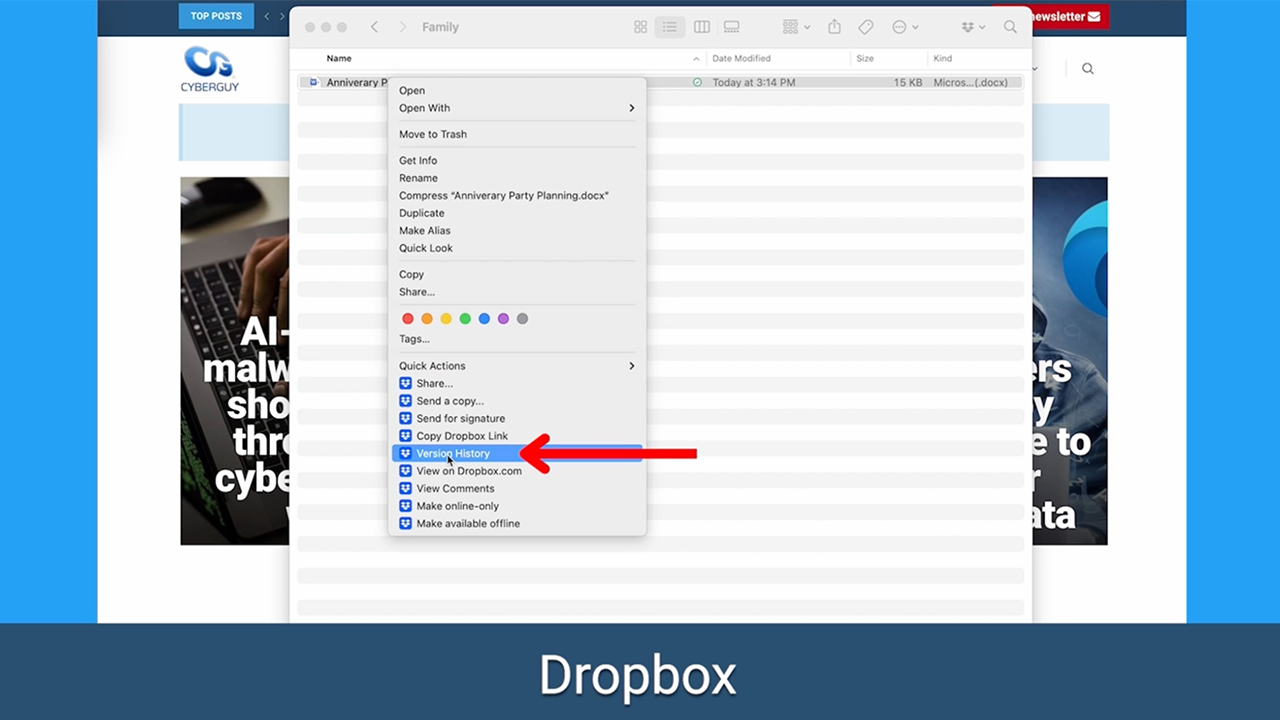
Dropbox also has a feature called Rewind, which will allow you to go back to previous versions of saved documents you have in Dropbox. However, you will have to purchase this feature with Dropbox Plus, which is $9.99 per month, as mentioned before. Here are the steps for using the Rewind feature.
You should also make sure to download and save copies of your files to your device or another cloud service in case Dropbox becomes unavailable or deletes your files.
Finally, if you use Microsoft 365 apps like Word or Excel, you can store your files in OneDrive or Share Point, which are clouds connected to your Microsoft programs. This will be connected to your email account for all your Microsoft apps.
As an example, say you want to save your Word document to your OneDrive
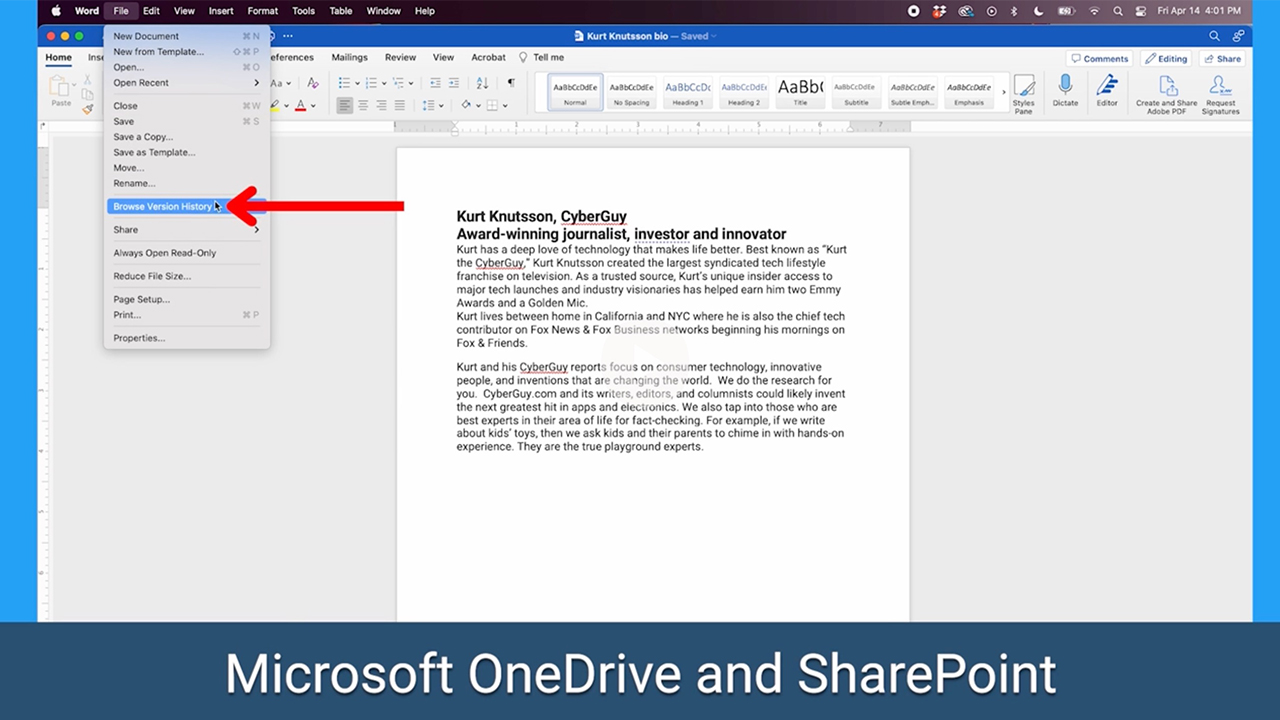
In addition to backing up your files, be sure to back up your Windows and Mac computers. Doing so can save you a lot of stress and frustration in the long run.
Keeping your documents organized and safe is crucial in today’s digital age. While many options are available for storing your files, choosing a reliable and secure platform is important. Whether you choose an external hard drive, Google Docs, Dropbox, or Microsoft 365, make sure to take the time to set up your system correctly and regularly back up your important documents.
Do you worry about the risks of relying heavily on cloud storage and online platforms for organizing and storing your personal and sensitive documents? Let us know by commenting below.